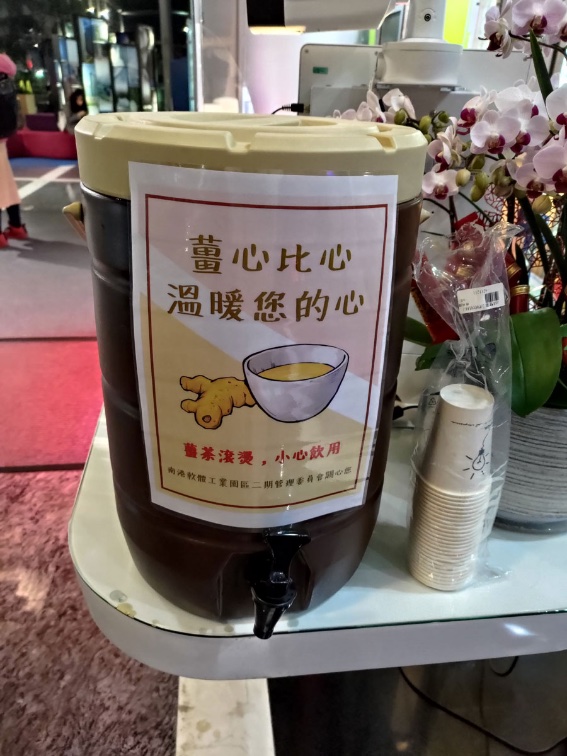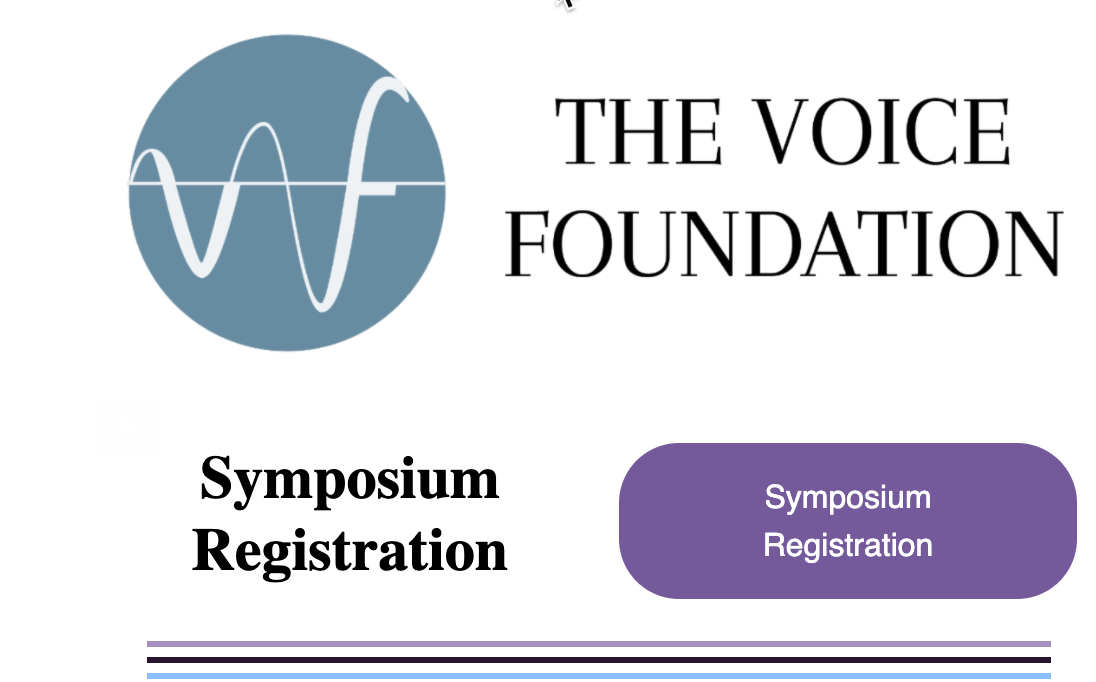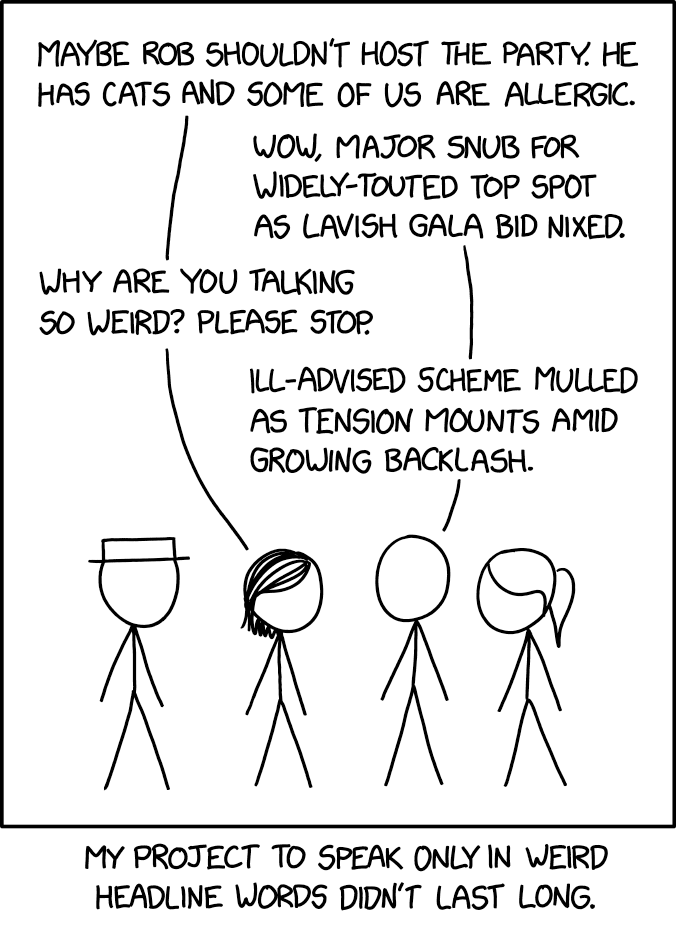Drive my car / Doraibu mai kā
Questions from Nancy Friedman:
I'm writing something about the Best Picture nominee "Drive My Car," whose Japanese title is "Doraibu mai kā." Is there a name for this sort of transliteration from English into Japanese? Why would a Japanese writer–the source story was written by Haruki Murakami–choose a transliteration instead of a translation? (Beatles reference, maybe?)
From David Spafford:
It’s definitely a Beatles reference. I don’t know this particular Murakami work, but he’s well known for his Beatles references: think "Noruuei no mori", which is an obvious reference / mistranslation of the Beatles song, "Norwegian wood".
Read the rest of this entry »



